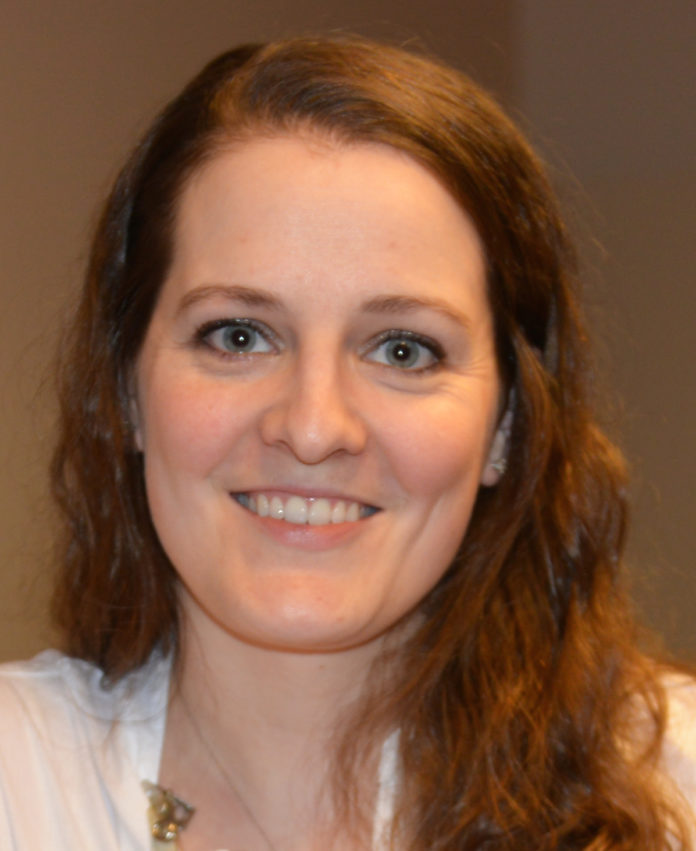What does it mean to be a clinical dietician?
Clinical dietician is the broad category of what we do. The focus is on the medical, solving people’s problems through evidence-based nutrition.
What do the letters RD and LD after your name stand for?
RD, Registered Dietician, is a national registration governed by the Commission on Dietetic Registration. It requires a bachelor’s degree, a mandated internship, and passing a standardized test. Licensed Dietician, LD, is a Minnesota state mandate to be licensed to provide “medical nutrition therapy.”
Is there demand for clinical dieticians?
I haven’t done job searching in a while. In the Twin Cities we have a little saturation because we have a lot of internship programs, but then to counteract that we have several more facilities than most major metros. Most of the interns I know have good success in finding jobs.
Financially, there’s a whole spectrum of dietician opportunities. Pediatric Home Service is very clinically focused, but there are nutritionists at grocery stores, in school districts, and of course there’s the whole area of sports medicine.
What’s your biggest challenge?
There’s a lot of trust involved. We’re balancing what’s clinically proven through testing that’s evidence-based with what families want and choose to do. As a mother, I get it. The one thing I know I have complete control over is the nutrition of my child. We work hard at listening, doing education, bringing in clinical studies.
What’s the best part of your job?
Watching these kids succeed. Being part of their home care team. I didn’t like the hospital setting because I didn’t develop relationships. Often times I’m involved with home care patients for years, and I talk to them weekly. I get Christmas cards that say, “thank you for listening and helping out.” That’s the best thing in the world.
What’s the secret to being great as a clinical dietician?
The first thing that pops into my mind is that a large percentage of dieticians are perfectionists. You’ll never find a more type A group of people. Really I think what makes someone a good dieticians is a level of compassion. These families have been through the wringer. In some cases, their child has been in the hospital for over two years. We meet them where they’re at. We say, “We’re going to get this fixed. We’ll get through it.”
Can you share a success story?
There was a family that was using a powdered formula. Day to day care-taking was cumbersome. They didn’t want to go outside the house. We changed the formula, and the mom said, “This is phenomenal! All I need to do is grab this one carton! My daughter can go see her brother ride BMX. We don’t have to rush back home to fix formula.” That small change made a huge impact.











